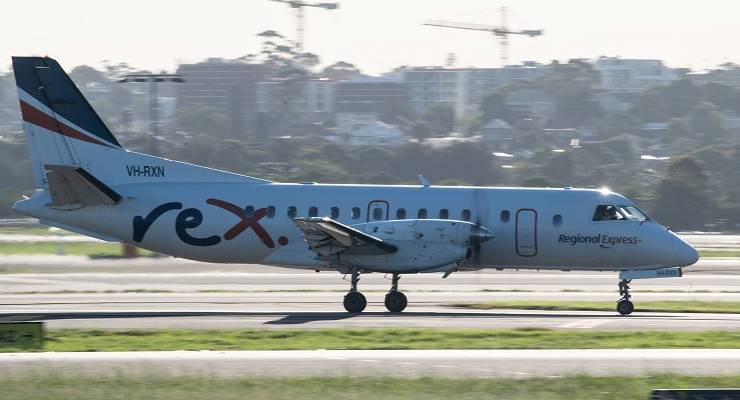
As we all try to find ways to get through the coronavirus crisis, the Australian Competition and Consumer Commission (ACCC), the competition watchdog, seems to be suggesting that a cure for businesses can be found by adopting anti-competitive behaviour.
At the suggestion of Regional Express (Rex) Airlines, the ACCC has decided to allow Rex and Qantas to work together to “coordinate” their flight schedules and enter into agreements to “share revenue” on 10 regional air routes.
That is under the proviso that Rex and Qantas promise to behave by charging fares no higher than those that were in place last February. These are the same airlines that resulted in a Senate inquiry last year recommending a detailed analysis of the high cost of regional airfares. The same airlines impacted by a recent Queensland government statement announcing that they will be monitoring fares with a new price tracking tool.
Besides, the ACCC seems to be referring to fare levels and not average fares. There is a big difference between the two. Any air route has a wide range of fare levels. The highest fare level can be five to 10 times the price of the lowest fare. The average fare is determined by the number of fares sold at each price. The number of fares available for sale at each price is decided by the airlines, and they have plenty of room to move without changing the fare levels.
The ACCC is giving Rex and Qantas a free ride. Can we trust the airlines to behave in the spirit of the proposed authorisation?
When these competitors inevitably meet behind closed doors for their anti-competitive collaborative coordination meetings (would the acronym be ACCC?), will the discussions focus on creating a public benefit, or will the focus be on propping up profits on their regional turboprop flying?
Keeping our aviation industry intact is certainly important for our very wide brown land, but surely it is also important to ensure that our regional communities can access medical services and conduct business at reasonable cost.
There are 10 competitive routes affected by the ACCC announcement, all of which are operated by Rex. They include:
- Sydney to Wagga, Dubbo, Albury and Armidale
- Melbourne to Mildura
- Adelaide to Port Lincoln, Whyalla and Kangaroo Island
- Townsville to Cairns and Mount Isa.
Interestingly the ACCC has chosen not to extend the coverage to competitive regional routes operated by Virgin and Alliance. Some of the missing regional services are those from Brisbane to Rockhampton, Moranbah and Mount Isa, and Sydney to Ballina.
The ACCC proposes that its authorisation will remain in place for a year.
The public now has an opportunity to make submissions on the decision before it is finalised.







There should no longer be a debate or even be posed as a question: No, for profit companies can not be trusted to do the ‘right thing’.
You get the impression that Rex is the only regional airline in Australia at times as they received the bulk of the govt stimulus etc. However, my community and a few others are and have been serviced really well by Sharp Airlines, and I would hope that anything that Rex gets up to is not going to mess Sharp up, as it is a hard way to earn a living.